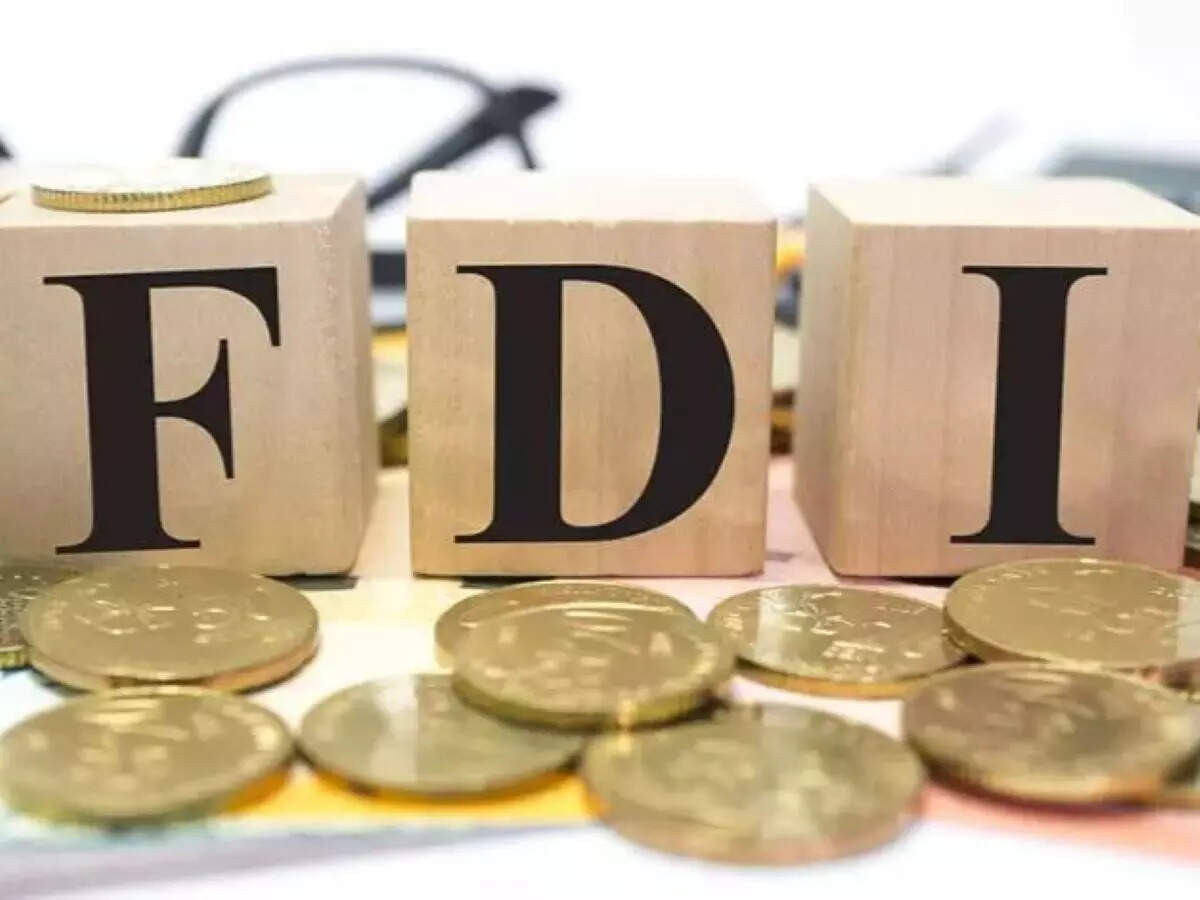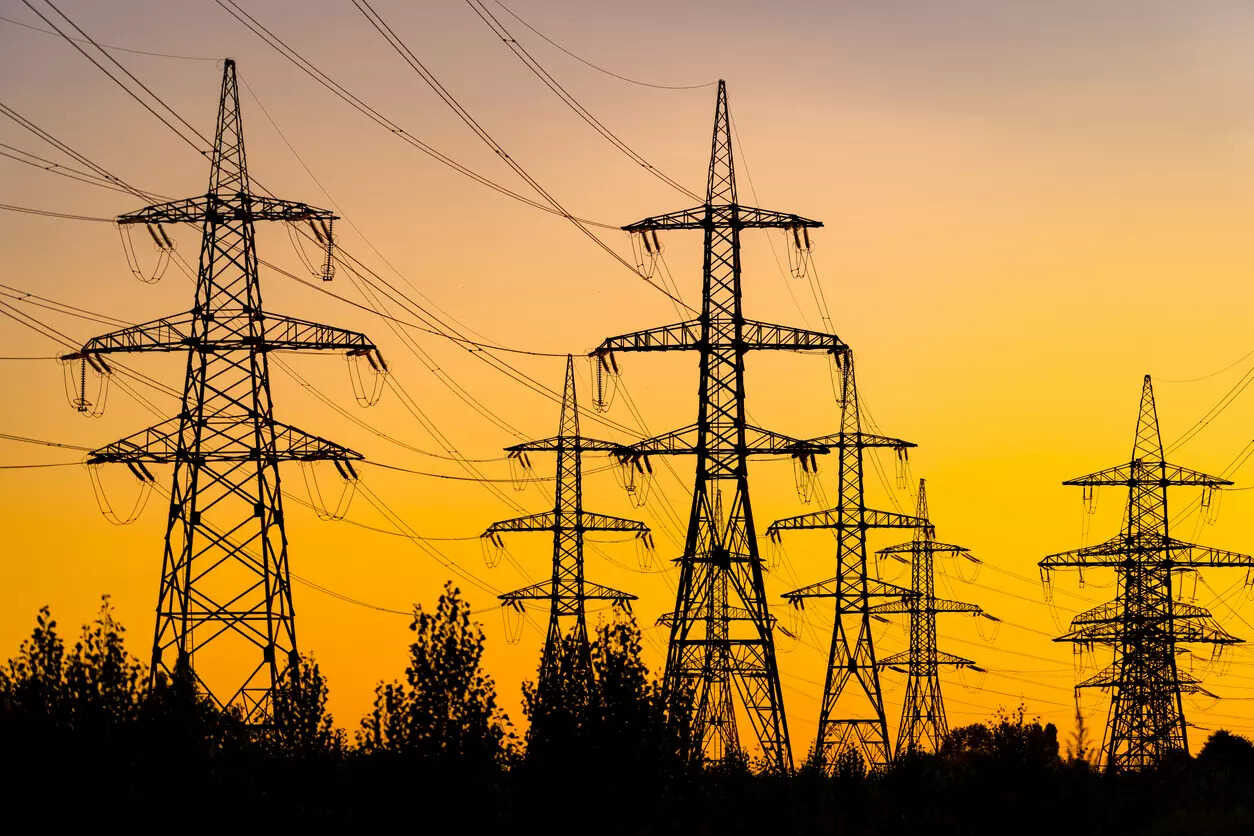UN Secretary-General Antonio Guterres has voiced concerns over declining globalization as foreign direct investment shrinks amid global economic challenges. A UNCTAD report reveals an 11% drop in global FDI, exacerbated by geopolitical tensions and trade disputes. While developed economies, particularly Europe, face significant declines, developing countries remain relatively stable, but the overall investment outlook remains fragile and negative for 2025.
The World’s Wallet is Getting Shy: What a Dip in Global Investment Really Means
Okay, let’s talk money. Specifically, where money goes when it wants to play on a global scale. We’re talking Foreign Direct Investment, or FDI. It’s that cool kid on the block that injects capital into countries, fueling factories, infrastructure projects, and all sorts of economic goodies. But recently, this cool kid seems to be feeling a little… withdrawn.
A new report just dropped a bombshell, revealing a concerning dip in global FDI. We’re not talking about a minor hiccup; this is a noticeable slowdown, and it’s got some pretty significant implications buzzing around the world’s economic corridors. The UN is waving a flag, and when they start talking about “declining globalization,” it’s time to sit up and pay attention.
So, what’s going on? Why is global investment suddenly developing a case of stage fright?
The report points to a confluence of factors, like a perfect storm brewing on the economic horizon. Geopolitical tensions, persistent inflation, and worries about recession in major economies are all contributing to this investor hesitancy. Think of it like this: if you’re looking to build a sandcastle on a beach, you’re not going to pick one that’s currently being battered by a hurricane. Investors are similarly risk-averse, steering clear of uncertain territories in favor of safer havens.
Beyond the immediate economic jitters, the report also hints at something deeper, a shift in the tectonic plates of globalization. We’re seeing a rise in protectionist policies, with countries increasingly prioritizing their own domestic industries. Trade barriers are going up, and international cooperation seems to be taking a backseat. It’s like everyone is building higher walls around their own little gardens.
Now, this isn’t necessarily bad. A certain level of economic self-reliance can be beneficial, allowing countries to foster their own unique strengths and industries. But when it veers into outright protectionism, it can stifle innovation, limit competition, and ultimately hurt everyone in the long run.
The implications of this FDI slowdown are far-reaching. For developing countries, in particular, FDI can be a lifeline. It’s not just about the money; it’s about the transfer of technology, expertise, and best practices. A dip in FDI can hamper their ability to grow, create jobs, and improve living standards. It can be a serious setback on their path to prosperity.
For developed countries, the impact might be less immediate, but still significant. A decline in global investment can translate into slower economic growth, reduced innovation, and a less competitive global marketplace. It could also lead to increased trade tensions and a more fragmented world economy.
So, what’s the cure? There’s no magic bullet, but the report suggests a few key ingredients. First and foremost, we need to address the geopolitical tensions that are fueling uncertainty. This means promoting diplomacy, fostering dialogue, and finding common ground on issues that divide us.
Secondly, we need to tackle inflation and stabilize the global economy. This requires coordinated efforts from central banks and governments, working together to manage interest rates, control spending, and boost productivity.
Finally, and perhaps most importantly, we need to reaffirm our commitment to international cooperation and open markets. This means resisting the urge to build walls, embracing free trade, and working together to create a level playing field for all. We need to remember that a rising tide lifts all boats.
The current slowdown in global FDI is a wake-up call. It’s a reminder that globalization is not a one-way street, and that we need to actively nurture and protect it. It’s also a reminder that while short-term fixes are important, the deeper issue of global relationships and co-operation must be at the heart of the remedy. It’s time to dust off the blueprints for a more inclusive, sustainable, and collaborative global economy. Because, ultimately, everyone benefits when the world’s wallet is open and generous. If it’s not, it may show that individual countries are taking a more localised stance, and this will affect how we work together on a global scale.







